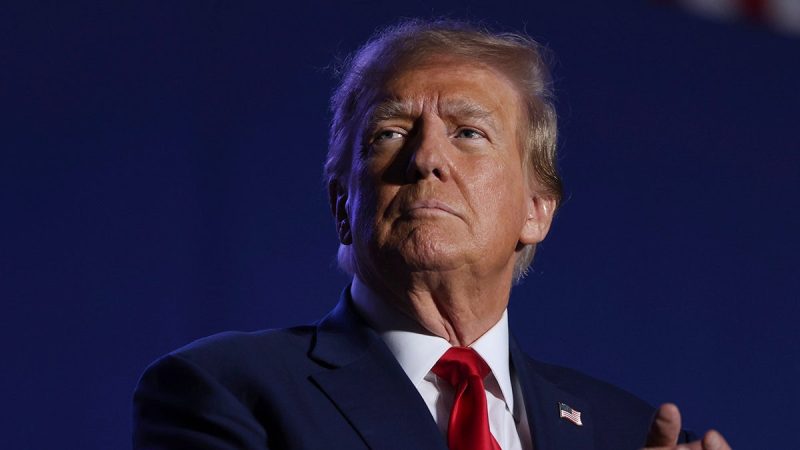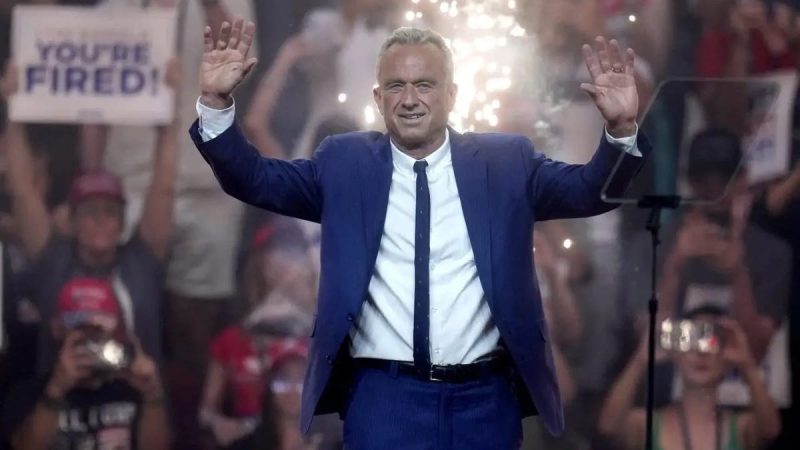
132
“Supreme Court Races Against the Clock on Trump Immunity Case
The United States Supreme Court has declined to issue an expedited ruling on a case concerning President Donald Trump’s immunity from criminal prosecution. The case, Trump v. Vance, seeks to determine whether the President can be shielded from prosecution while in office. Trump had sought a decision on the matter prior to the expiration of his term on January 20, 2021.
The case was filed by Manhattan District Attorney Cyrus Vance Jr. The District Attorney is attempting to obtain Trump’s financial records as part of a grand jury criminal investigation. Trump had sought an expedited decision from the Supreme Court, which would prevent the lower courts from resolving the dispute before he leaves office.
In its order, the high court declined to accelerate the case and instructed both parties to file their responses to Vance’s petition by December 22. It is unclear how the Court will ultimately rule, and the decision may not come until well after Trump leaves office.
The Supreme Court’s decision not to issue a ruling before the end of Trump’s term is a major victory for the Manhattan District Attorney. It will allow the case to move forward regardless of the outcome of the 2020 presidential election.
Although this particular case does not directly involve Trump’s potential criminal liability, it could set a legal precedent that would be relevant to any similar future cases. For example, if the Supreme Court determines that Trump is not immune from criminal prosecution, it would establish a legal precedent that could be used to bring charges against other federal officials while they are in office.
Regardless of the ultimate outcome of the Trump case, the decision by the Supreme Court underscores the importance of the court’s role in the American system of judicial review. By refusing to issue an expedited ruling on the matter, the court has ensured that a proper legal resolution of the dispute can be reached. This highlights the principle of separation of powers—provincial, state, and federal—that is fundamental to the American constitutional system.



